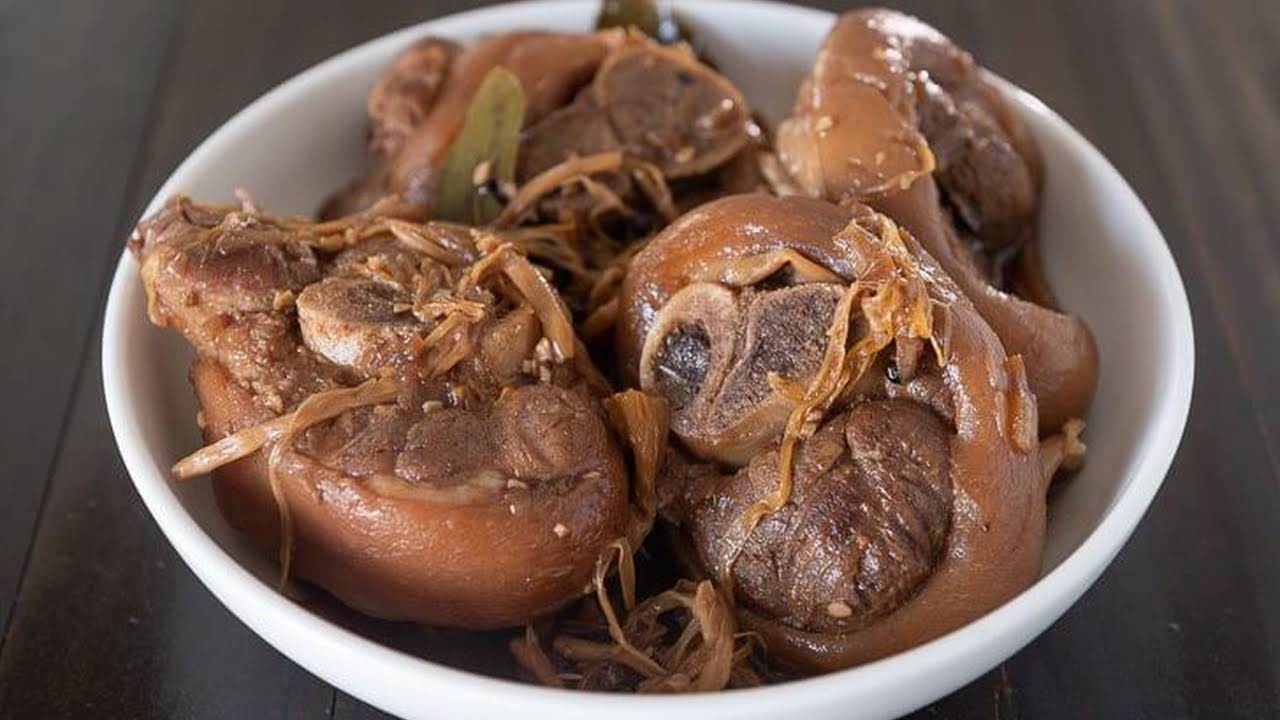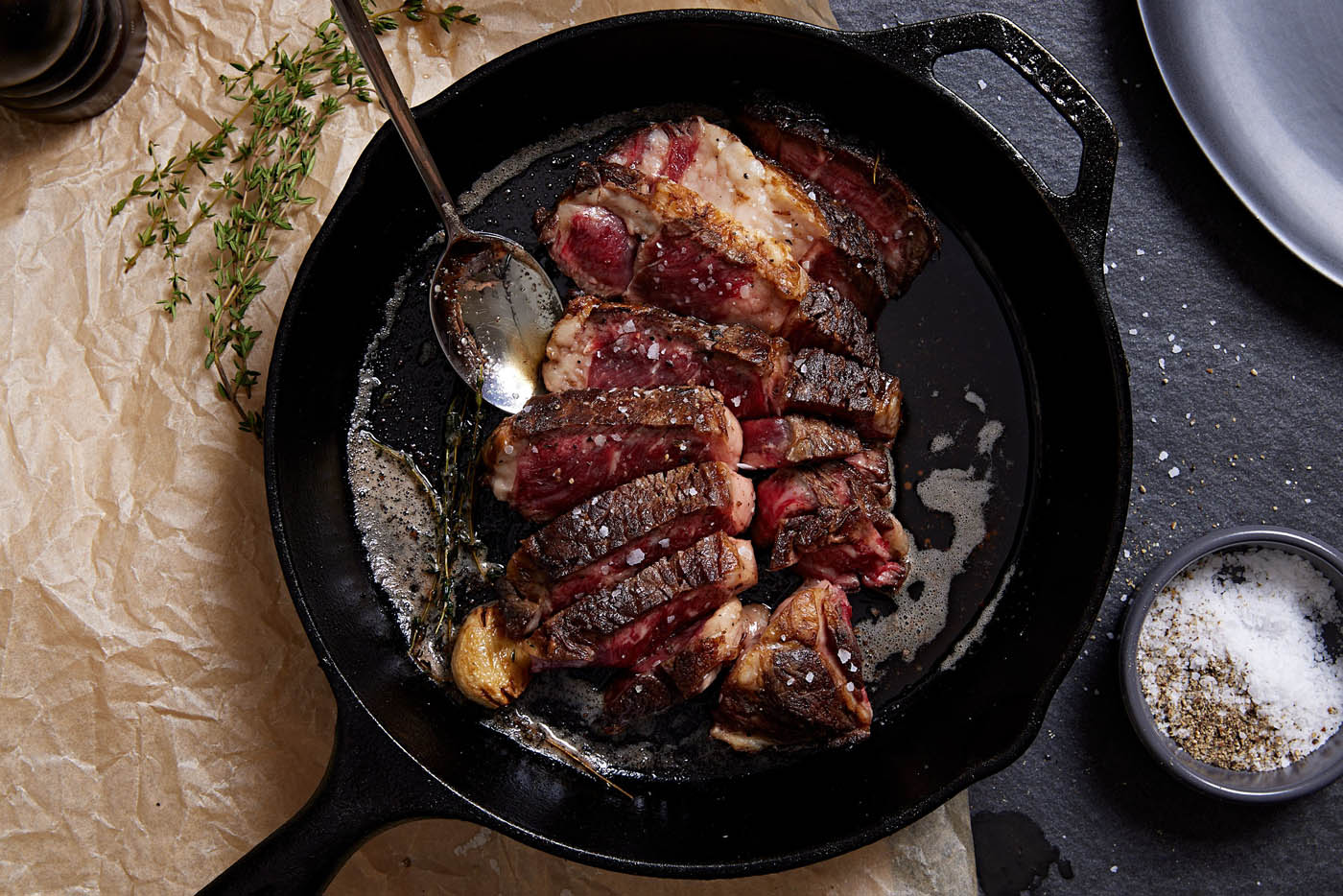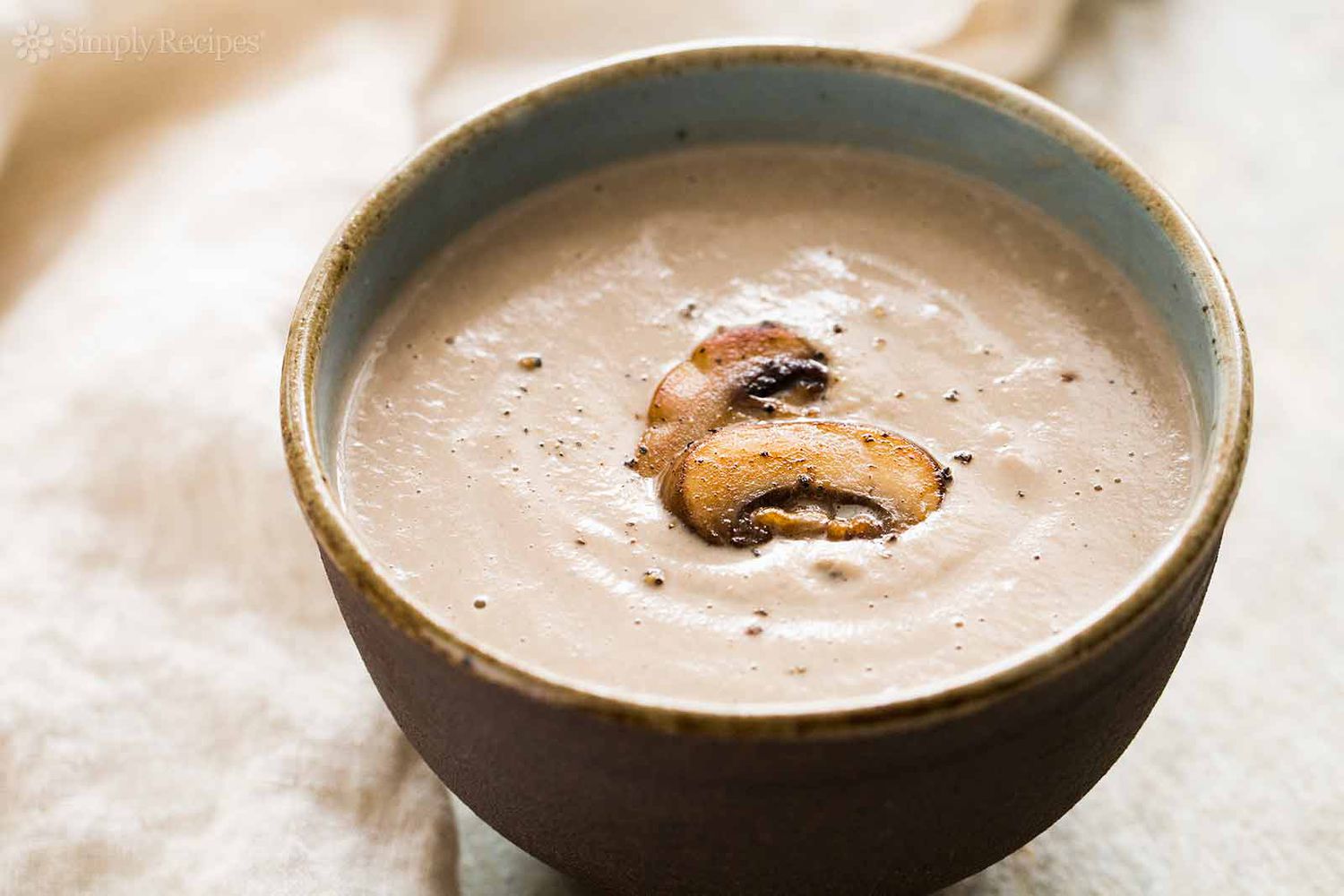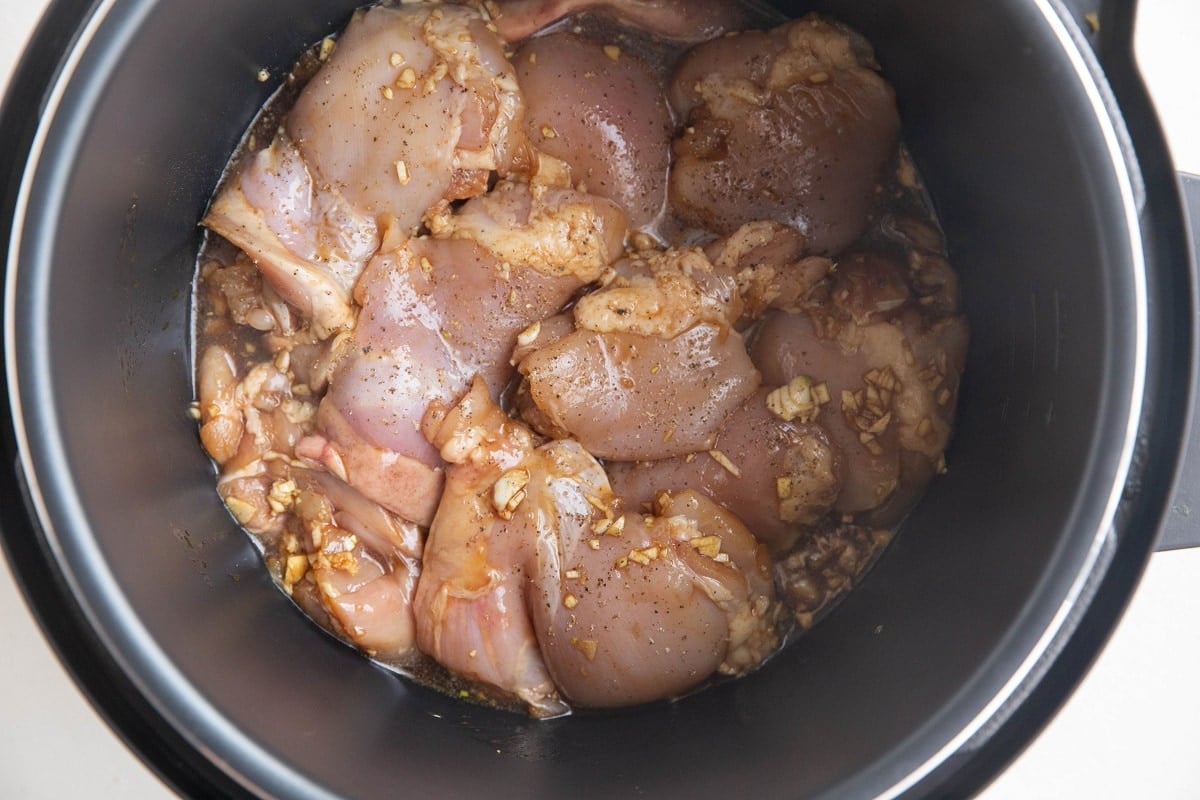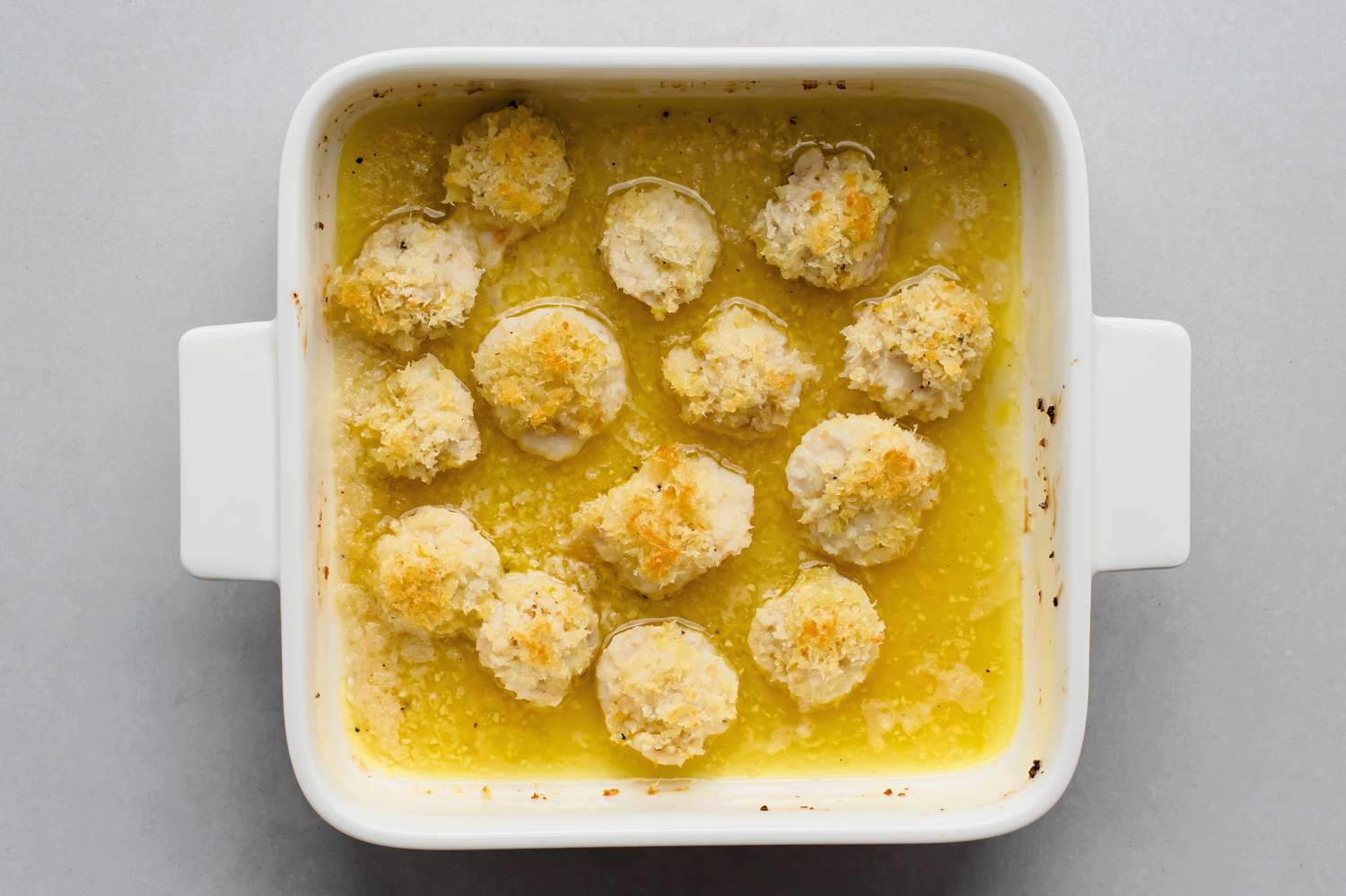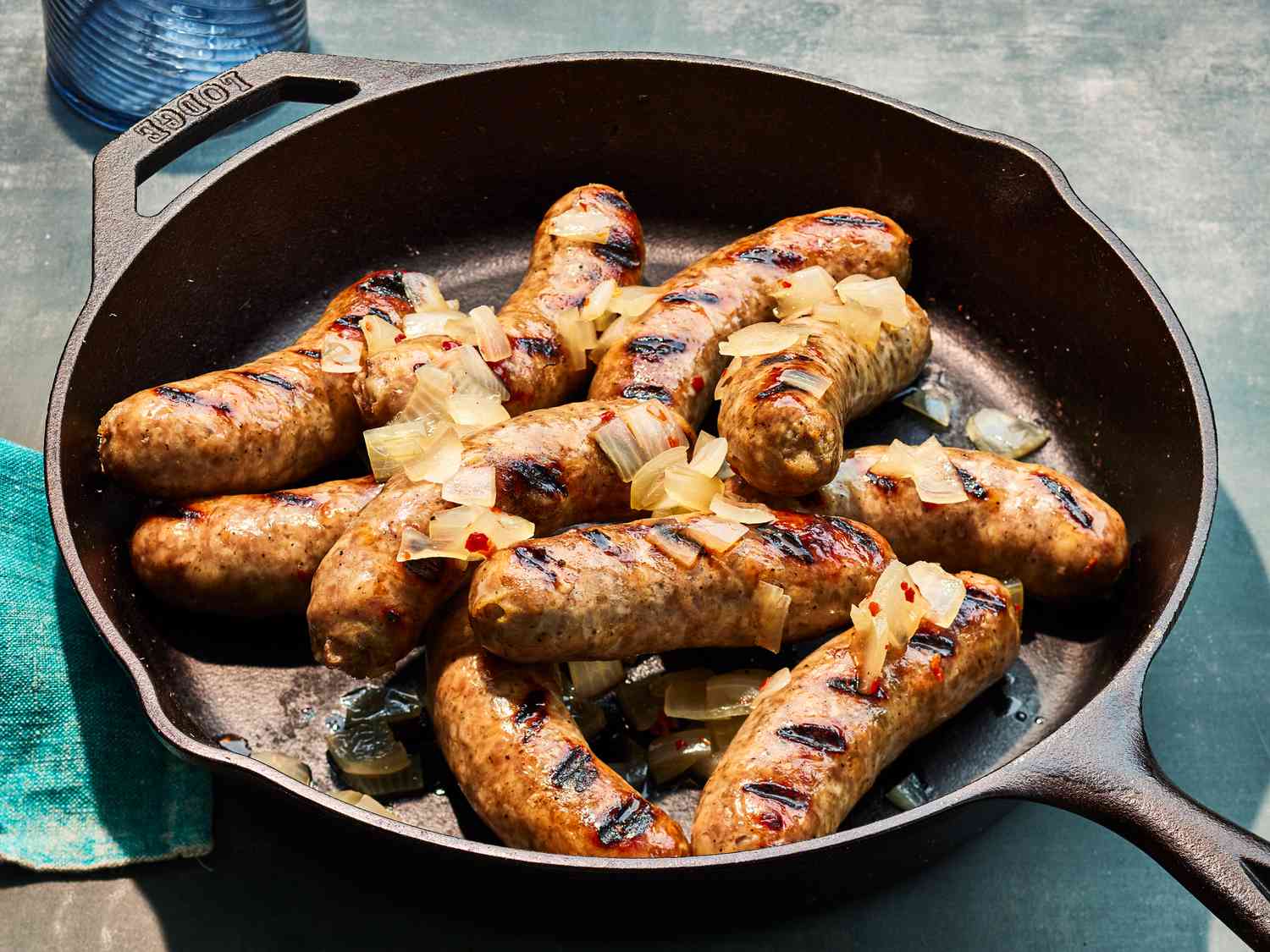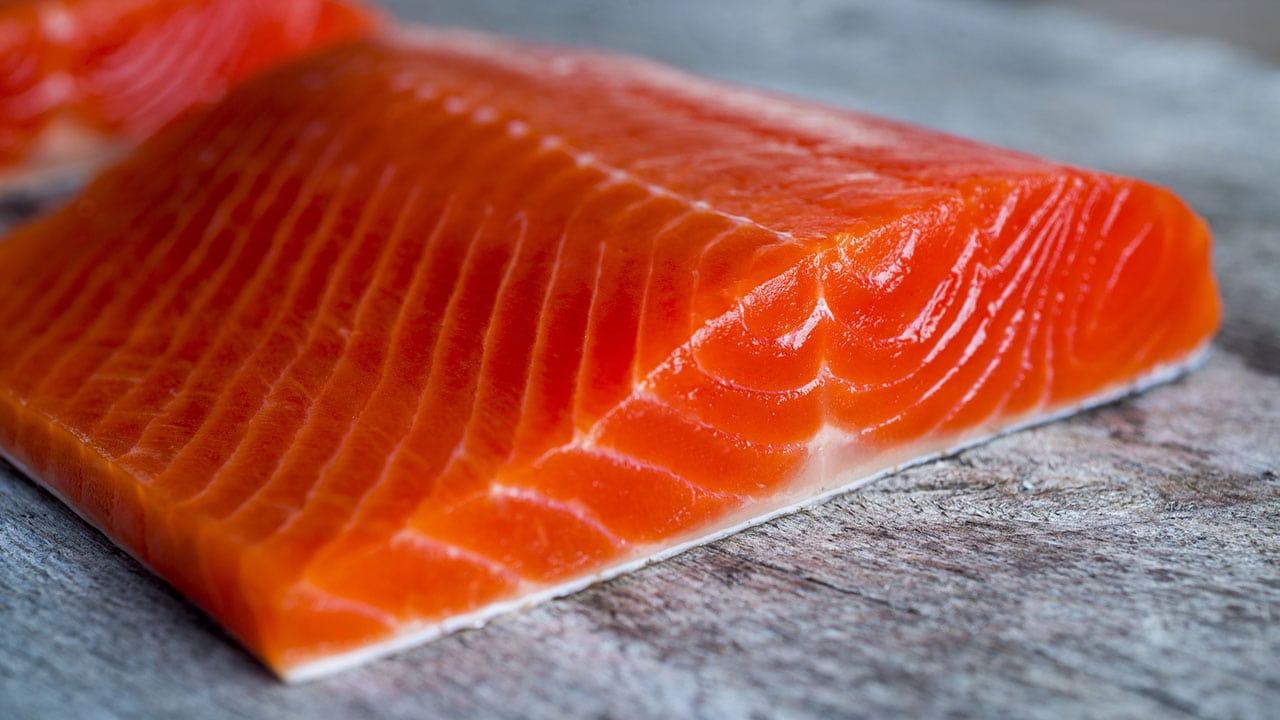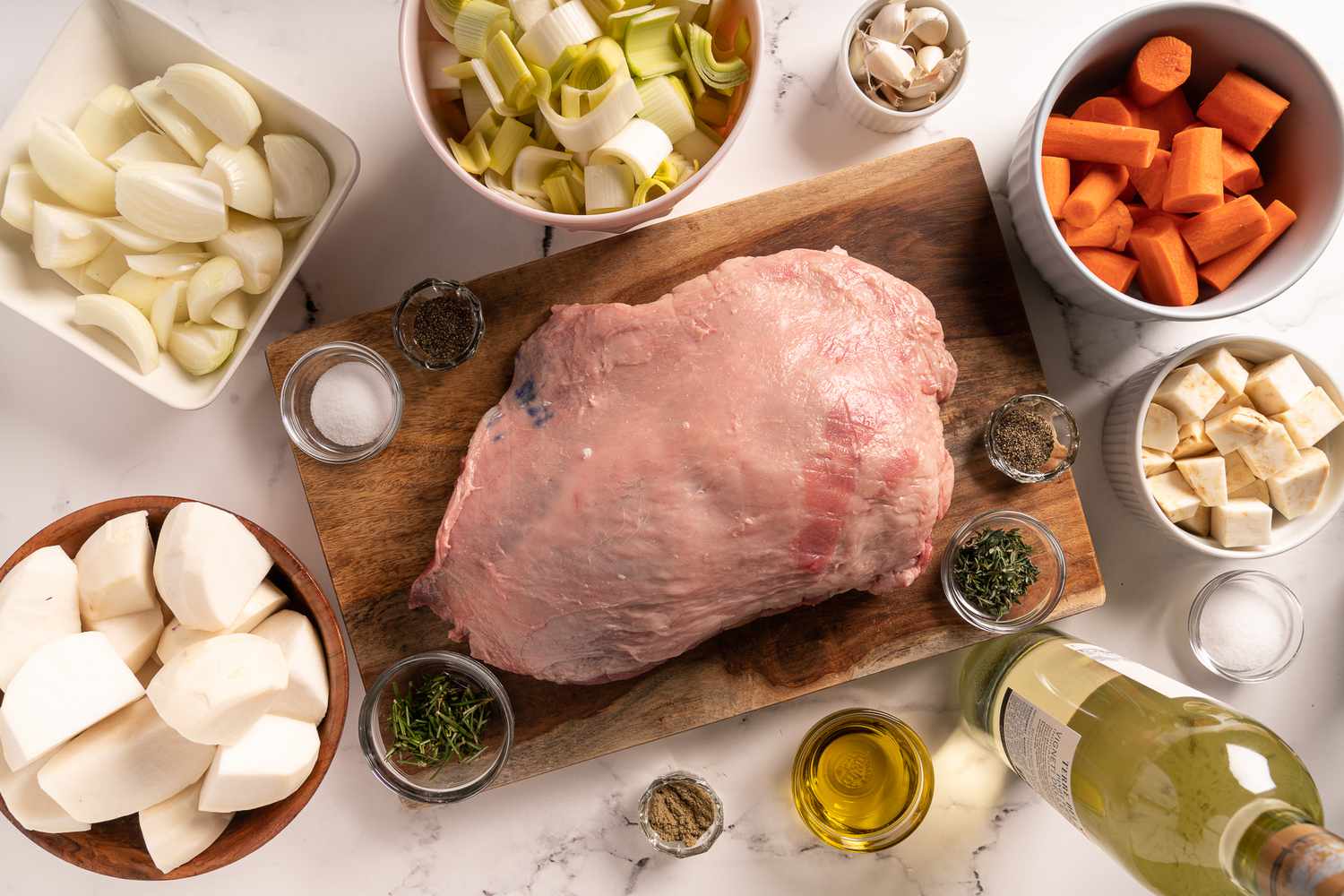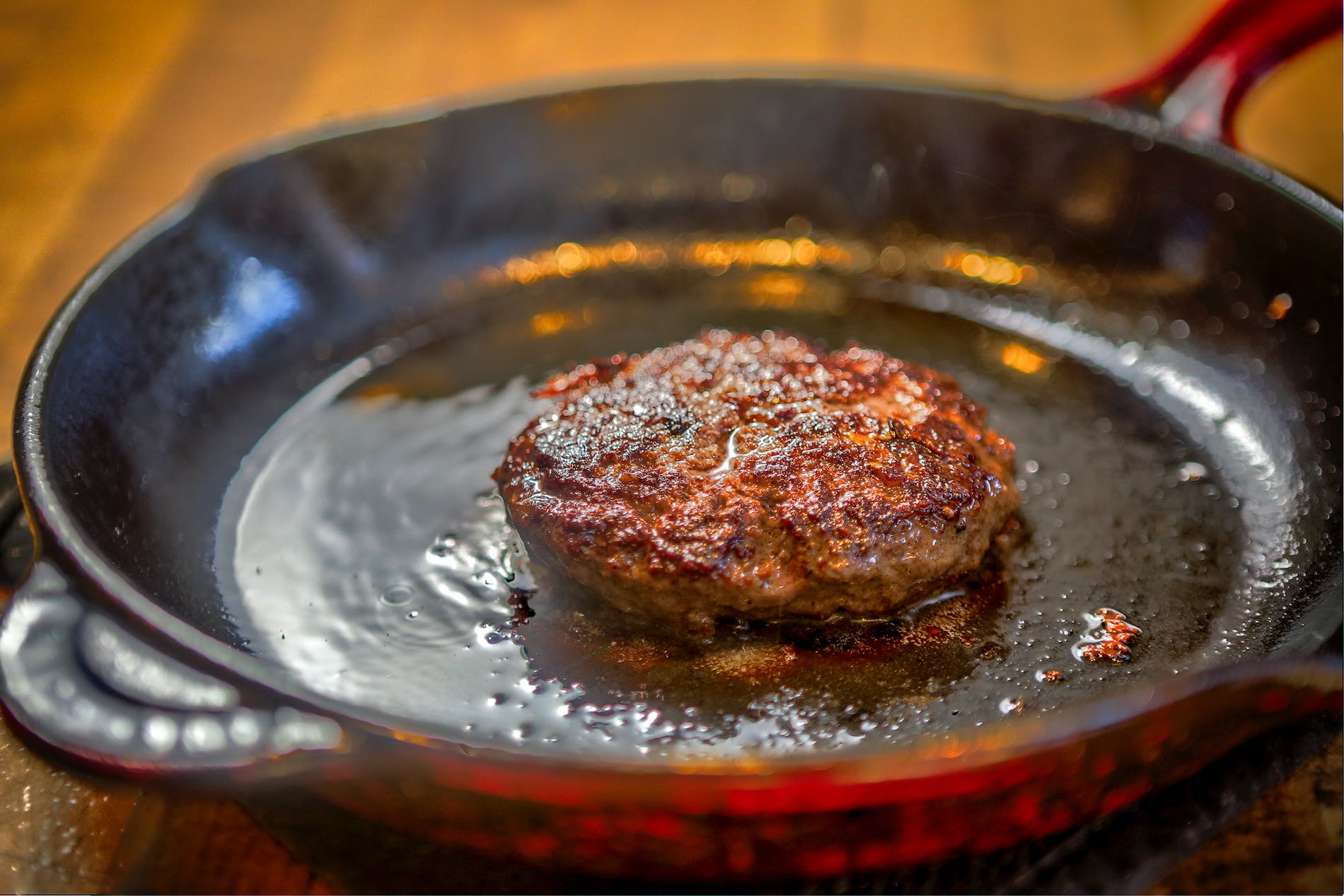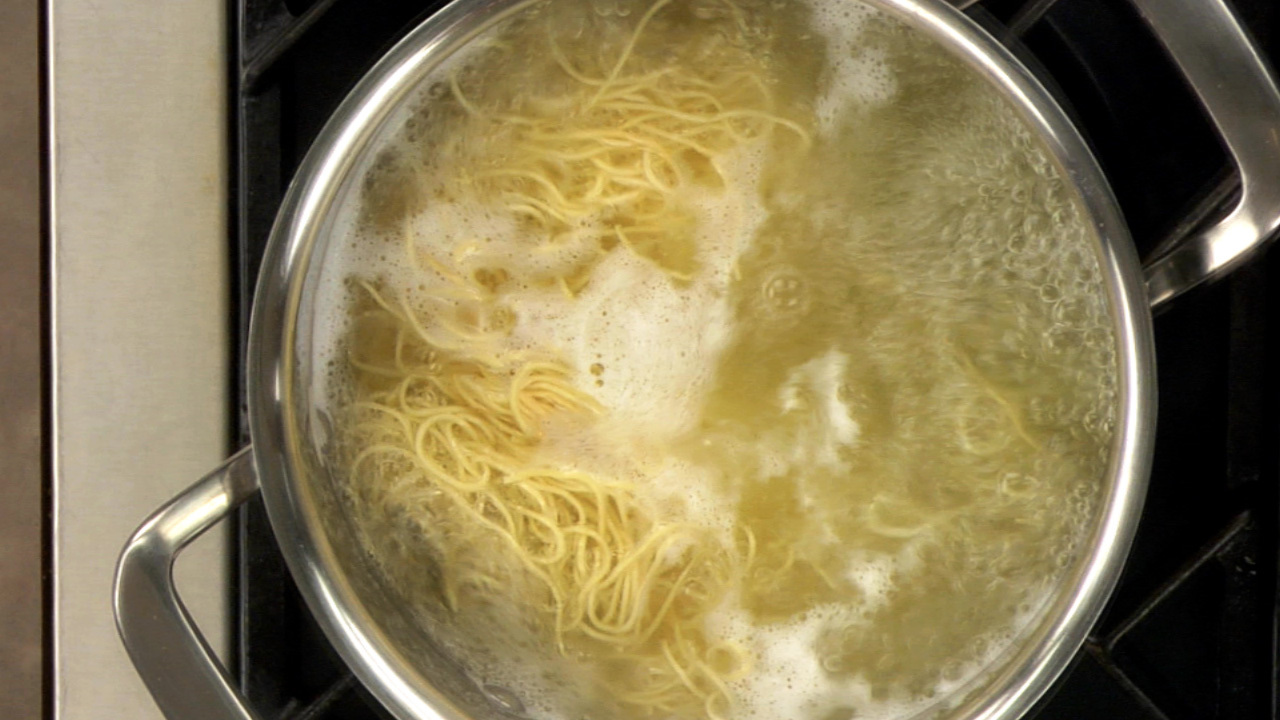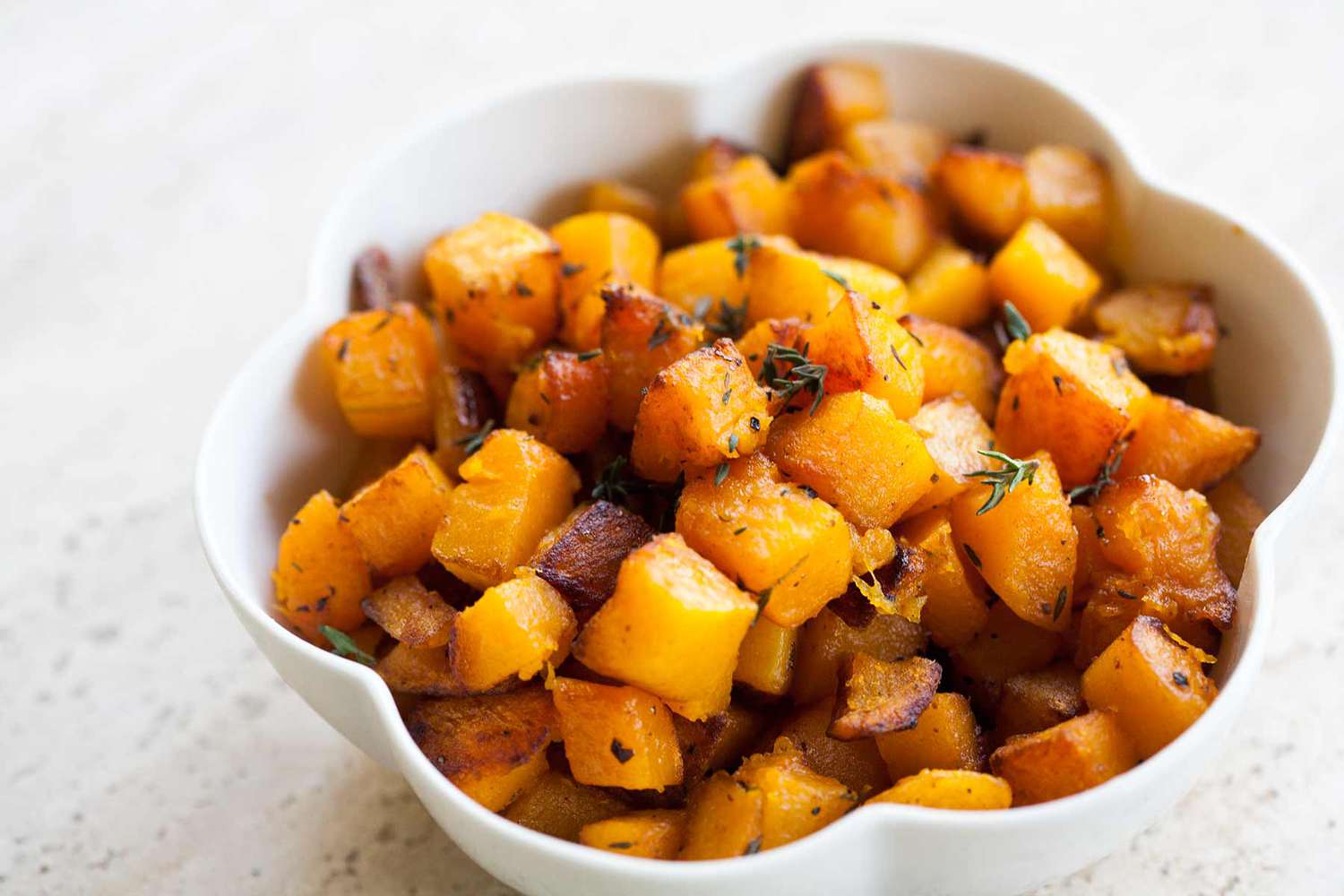How to Cook with Herbs: Elevate Your Culinary Creations
Herbs are nature’s secret flavor boosters that can take your dishes from ordinary to extraordinary. Whether you’re a seasoned chef or a cooking enthusiast, incorporating herbs into your recipes can add depth, aroma, and complexity to your culinary creations. In this article, we will explore some essential tips on how to effectively cook with herbs, unlocking their full potential in your kitchen.
1. Choose Fresh Herbs
When it comes to cooking with herbs, freshness is key. Opt for fresh herbs whenever possible, as they have a more vibrant flavor compared to their dried counterparts. If you have a green thumb, consider growing your own herb garden to have a readily available supply of the freshest herbs.
2. Understanding Culinary Combinations
Herbs work best when combined with compatible flavors. Take some time to familiarize yourself with classic herb pairings. For example, basil pairs well with tomatoes, oregano complements Italian dishes, rosemary works wonders with roasted meats, and cilantro adds a burst of flavor to Mexican cuisine. Experimenting with different combinations will help you discover unique and delicious flavor profiles.
3. Harness the Power of Infusions
Infusing oils or vinegars with herbs can elevate your cooking to new heights. Simply heat the oil or vinegar gently and add the herbs of your choice. Allow the flavors to meld together for a few hours or overnight. Strain the infused liquid to remove the herbs and use it to dress salads, drizzle over roasted vegetables, or for sautéing meats and seafood.
4. Balance is Key
When using herbs, it’s essential to strike a balance. While herbs add depth and aroma, using too much can overpower the dish. Start with a small amount and gradually increase until you achieve the desired flavor. Remember, you can always add more herbs, but it’s challenging to correct an overly seasoned dish.
5. Timing is Everything
Timing plays a crucial role in harnessing the full flavor of herbs. Delicate herbs like cilantro and parsley are best added towards the end of cooking, while hardier herbs like rosemary and thyme can withstand longer cooking times. By adding herbs at the appropriate time, you ensure that their flavors are preserved and meld seamlessly with the other ingredients.
6. Get Creative with Garnishes
Herbs are not only meant for adding flavor during cooking; they can also function as beautiful garnishes. Sprinkle chopped fresh herbs over your finished dishes to add a pop of color and freshness. It not only enhances the visual appeal but also provides a burst of flavor with every bite.
7. Preserve Your Herbs
To make the most of your fresh herbs, consider preserving them for future use. Drying herbs is a simple and effective way to extend their shelf life. Hang bundles of herbs upside down in a dark, well-ventilated area until they are dry and crumbly. Store them in airtight containers away from direct sunlight for long-lasting flavor.
Now that you have these essential tips at your disposal, it’s time to step into the kitchen and let your creativity shine. Cook with confidence, experiment with different herb combinations, and delight in the flavorful magic that herbs bring to your dishes. Bon appétit!
Was this page helpful?
Read Next: How To Cook Roast Potatoes
